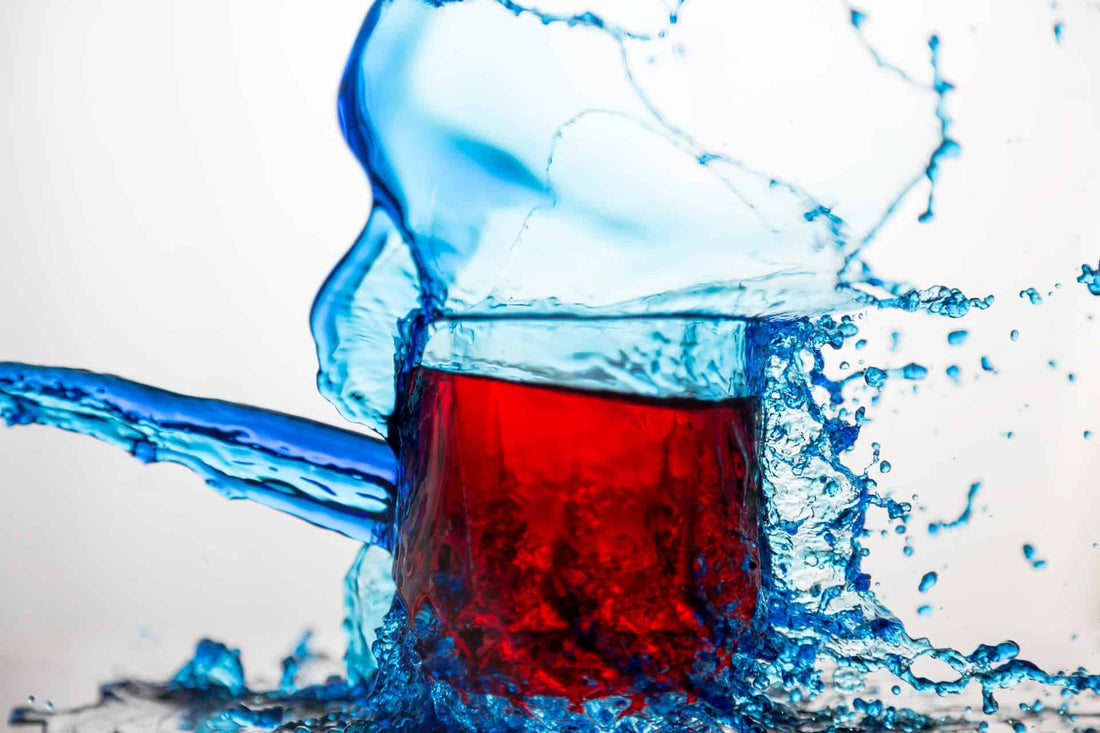Have you ever thought about how your favorite energy drink affects your body? Many of these drinks contain caffeine, which could affect your metabolism when broken down. If you want to know how long those energy drinks last in your system, here is a look at the 24-hour breakdown.
Are you looking for an alternative to those energy drinks? At Breinfuel, we have products that can help improve your memory, concentration, and attention span. Contact us today
What Is an Energy Drink?
Energy beverages have been on the market for many years. These colorful drinks claim to enhance physical and mental performance. In most cases, caffeine can be found in the ingredient list. Caffeine is the primary stimulant, but those brands often contain guarana and ginseng as other types of stimulants. The amount of caffeine in an energy drink ranges from 80 to 500 mg. For example, a 5-ounce cup of coffee will contain around 80 to 100 mg of caffeine.
Similar to soda, energy drinks are also high in sugar. One 250 ml can of the top-selling energy drink contains around 27 grams of sugar. The recommended daily sugar intake is 25 grams, which is a lot of sugar for one drink. You can consume over the recommended daily amount of sugar with one energy drink.
While sugar can give you an initial boost of energy, too much sugar is not good. There could be plenty of unwanted side effects, such as obesity, which can lead to other serious health complications.
Related: The Best Sources For Your Caffeine!
How Energy Drinks Affect the Body
After you have consumed an energy drink, what does it do to the body? The caffeine will enter the bloodstream within 10 to 20 minutes of drinking an energy drink. As a result, a person's blood pressure and heart rate can spike. Over the next 45 minutes, the caffeine level will start to peak. An individual will feel focused, alert, and experience a higher level of concentration.
Caffeine is a stimulant. It will temporarily block the adenosine (which can make you feel tired) so that you have an energy boost. Also, it can activate those "feel-good" molecules in the brain, like dopamine. A person will feel more attentive after they have consumed an energy drink.

Within 15 to 30 minutes of consumption, the sugar in the energy drink will be absorbed, and it is making its way into the bloodstream. In the next few hours, the effects of the caffeine will start to wear off, causing a sugar crash for many drinkers. As a result, this crash will cause your energy level to drop, and you might feel more tired. Usually, it can take your body about 5 to 6 hours to achieve that 50% reduction of caffeine in the bloodstream, causing many people to refer to this as caffeine's "half-life."
Typically, it will take about 12 hours for a person's body to remove caffeine from the bloodstream. However, this time can depend on a few individual factors, including:
Age
The speed that the body clears caffeine doses increases with age. Usually, in adulthood, it will peak. Caffeine will reach its half-life in 5 to 6 hours, but infants get caffeine half-life around 80 hours after consumption.
Body Height and Weight
Height, weight, and body fat can affect how caffeine is metabolized in the body. A heavy and tall person will break down caffeine faster than someone who is short and less heavy. The greater the caffeine dosage consumed compared to your body size, the slower you can clear it out of your system. Higher body fat will speed up the metabolism, causing them to process caffeine faster.
Related: 10 Brain-Boosting Drinks
Genetics
A person's genetics can influence how the body metabolizes caffeine. A few studies have shown that those with specific genes can break down caffeine faster than others. As a result, some individuals may experience rapid metabolism, while others may have prolonged clearance times.
Food Intake
The portion of caffeine is also affected by food in the system. If someone drinks an energy drink on an empty stomach, they will absorb caffeine at a faster rate than those who consume a large lunch. Some people who consume a high dietary fiber meal will not absorb caffeine as quickly as others. Due to those delays in the absorption time, it can take a while for the caffeine to leave your body.
Caffeine Tolerance
In some cases, if you drink caffeine on a regular basis, it can cause caffeine tolerance in your system. Often, it will take more caffeine to get those positive effects in your body. This effect is known as caffeine tolerance, and it can shorten the benefits of consuming caffeine.

What Is Caffeine Withdrawal?
If you drink caffeine on a regular basis, you could experience withdrawals if you suddenly stop consuming it. Some studies have suggested that you can experience caffeine withdrawal within 12 to 24 hours after drinking your last caffeinated beverage. Typically, caffeine withdrawal symptoms can resolve within 48 hours. However, quitting cold turkey can make withdrawal symptoms more severe, especially if you consume several energy drinks throughout the day. You may have a flushed face, difficulty sleeping, and nervousness when you suddenly stop drinking caffeine.
Related: Top 8 Drinks to Help You Focus
Final Word
How long do energy drinks last in your body? The answer to that will vary with many factors. The main ingredient in many energy drinks is caffeine. This stimulant can affect your central nervous system, causing you to have more energy and alertness. Depending on your body weight, age, genetics, and food intake, caffeine can quickly or slowly metabolize in your body.
Do you want to find a better way to stay alert all day long? At Breinfuel, we have the ideal formulas for you. Check out our products today!

